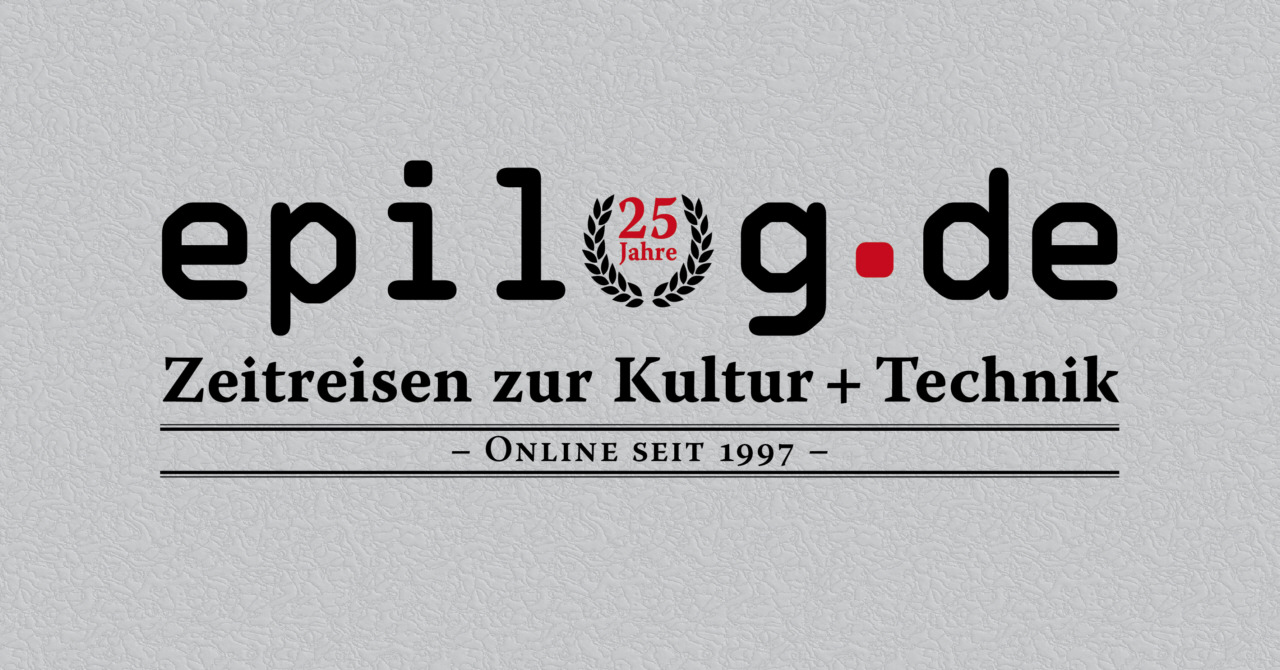If you could have been any person in the Bible, who would you choose? Noah? David? Peter, Paul or Mary? Consider the account found in Luke 24:13-35. Wouldn't it have been wonderful to have been one of the two believers travelling to Emmaus? They were joined by a stranger (at least, they didn't recognize Him). They told Him about all that had happened to Jesus and the recent reports of His resurrection. But they were, at best, unsure. Imagine being one of those two men as Jesus walked them through the Old Testament, telling them how it all pointed to Himself (Luke 24:27). It was a seven mile walk, but there was plenty to talk about...Jesus: In the Old Testament! Remember, the NT wasn’t written right away. The early church preached Jesus from the Old Testament and Jesus from personal experience.
In October I posted about
Jesus in Genesis, and I want to continue thinking about Jesus in the Old Testament by pointing out 5 of the most powerful forshadowings of Christ.
The Ministry of Moses (Exodus)
Have you ever thought about the similarities between the ministry of Moses and the ministry of Jesus Christ? I have been reading through a list of 75 such similarities, but I think I'll just pick out 7. Both men were Israelites. Both lived in a time when Israel was in bondage (Egypt, Rome). Both were spared in their infancy from horrible edicts. Both grew up in Egypt. Both were rejected time and time again by their people. Both of them had their ministries confirmed by signs, wonders and miracles. And most importantly, both set their people free.
The Passover Lamb (Exodus 12)
This is a pretty obvious piece of imagery since we already know about Christ's work. But imagine a Jewish man living in the time of Christ. Imagine if he had followed Christ's ministry and then, still unbelieving, observed the events of the cross. I believe he would have noticed the obvious comparison. The lamb for passover was to be pure, without blemish. Its blood was to be applied in a very specific manner. It's blood protected people from the wrath of God. It was to have no broken bones. Today, we don't paint around the doors of our houses with lamb's blood for protection from God's judgment...but we must paint the doors of our hearts with the blood of Christ to be free from wrath. And just like the Jews remember to celebrate Passover on schedule, we must remember to partake of communion to reflect on the lamb, broken and bleeding for us.
The Manna from Heaven (Exodus 16)
It didn't take long for the newly freed Israelites to start grumbling. They were much like us. The next meal was more important to them than their freedom. They had just witnessed miracle after miracles as they escaped Pharaoh, but now they didn't trust God to provide nourishment. God heard their grumblings and provided bread from heaven every morning, but only enough for one day. In John 6:30-42 Jesus announces that He is the true bread from Heaven. Jesus came down from heaven to provide us our most basic need, spiritual nourishment. Jesus is life. Without Him we are left to dying, but in Him we have access to life to the fulllest. But it must be a daily investment. We can't buy bulk on Sunday. Jesus comes in pieces. 1 day at a time.
The Veil (Exodus 26:31-35)
One of the most staggering slices of symbolism in my opinion is that of the curtain or veil which seperatetd mere men from the Holy of Holies, the very presence of God. In the Old Testament, this curtain was a visual reminder that man was sinful and, therefore, had no access to the Father outside the ministry of the priest. And even the priest of that time had extremely limited access to God's presence behind the curtain. Mark 15:38 tells us that upon Jesus' death on the cross, the curtain of the temple was torn in two from top to botttom. Hebrews 10:19-22 tells us that the curtain represented the very body of Christ. His brokeness allows us to boldly approach the presence of God. We, if we have been cleansed by the blood of Christ, have become like the priests of the Old Testament. Christ was broken, so that would could have access to the Father.
The Kinsman Redeemer (Leviticus 25:47-49)
Slavery in the Bible wasn't about skin color, it was due to economic realities. If you were extremely poor, your only option might have been to sell yourself to another human being, becoming his servant. But you could be bought back by a Kinsman Redeemer. A Kinsman Redeemer had to be a close relative. He had to be free himself. He had to be willing to burden himself for your freedom. And he had to be able to pay the price for your freedom. Boaz was a kinsman redeemer (Ruth 4:9), but he also forshadowed Christ's ministry to us. Jesus came to redeem the sons of God. He has no need, only love as motivation. He had no debt, only riches to offer. He was both willing and able to pay the purchase price for our freedom. Only Jesus could have. Only Jesus would have.
 I just got back from taking my sister to see The Polar Express IMAX. Wow. Very impressive. The movie was a pretty good and predictable movie, but 2 things really impressed me, the quality of the animation and the IMAX part of it. This was my first IMAX movie.
I just got back from taking my sister to see The Polar Express IMAX. Wow. Very impressive. The movie was a pretty good and predictable movie, but 2 things really impressed me, the quality of the animation and the IMAX part of it. This was my first IMAX movie. Despite the expected cheesy line that nearly all Christian films contain, I highly recommend 'Time Changer'. It is a great movie to watch in a small group setting. It creates some good discussion and thinking. This is probably one of the best 'time travel' movies I've seen. A great reminder that our message isn't an it. Our message is Jesus Christ.
Despite the expected cheesy line that nearly all Christian films contain, I highly recommend 'Time Changer'. It is a great movie to watch in a small group setting. It creates some good discussion and thinking. This is probably one of the best 'time travel' movies I've seen. A great reminder that our message isn't an it. Our message is Jesus Christ. Sean Connery, Richard Gere & Julia Ormond impress in 'First Knight' one of my favorite 'love story' movies. I like a movie that can cause me to root for both rivals while bringing them together for a common and good purpose. Ormond is worth fighting over and for in this film. There are also many great & quotable lines worth remembering. Two thumbs up from me.
Sean Connery, Richard Gere & Julia Ormond impress in 'First Knight' one of my favorite 'love story' movies. I like a movie that can cause me to root for both rivals while bringing them together for a common and good purpose. Ormond is worth fighting over and for in this film. There are also many great & quotable lines worth remembering. Two thumbs up from me. I have finished reading a parellel commentary on the book of Revelation by Steve Gregg entitled Revelation: Four Views. This book was very helpful in that, verse by verse, it described how different interpreters interpret the Bible's final book. Four views are described in its pages:
I have finished reading a parellel commentary on the book of Revelation by Steve Gregg entitled Revelation: Four Views. This book was very helpful in that, verse by verse, it described how different interpreters interpret the Bible's final book. Four views are described in its pages: Who would have thought an Ashton Kutcher movie could be so good? I mean, the guy is quite creative and funny on Punked, but there's some good acting in this film to go along with a great idea.
Who would have thought an Ashton Kutcher movie could be so good? I mean, the guy is quite creative and funny on Punked, but there's some good acting in this film to go along with a great idea. I wasn't expecting much out of National Treasure. I don't really like Nicolas Cage. I had heard it was all about the Free Masons. I figured it'd be pretty much a made-to-make-money-movie. Well, if it made money, it was earned. I enjoyed National Treasure very much. I watched it on my way home from China (If you are very observant, you'll notice the date of this post is prior to my entire trip. I am filling in some empty days with movie reviews) and was pleasantly surprised. It's an Indiana Jones style action film (which is a very good thing). I didn't roll my eyes at very much in this film at all.
I wasn't expecting much out of National Treasure. I don't really like Nicolas Cage. I had heard it was all about the Free Masons. I figured it'd be pretty much a made-to-make-money-movie. Well, if it made money, it was earned. I enjoyed National Treasure very much. I watched it on my way home from China (If you are very observant, you'll notice the date of this post is prior to my entire trip. I am filling in some empty days with movie reviews) and was pleasantly surprised. It's an Indiana Jones style action film (which is a very good thing). I didn't roll my eyes at very much in this film at all.  There are some movies I like better every time I watch them. This is one such movie. Total Recall is truly a sci-fi masterpiece. All sorts of action, a great plot, a fantastic ending, it's got it all. This may be Arnold's best film. Check that. I boldly declare it to be so.
There are some movies I like better every time I watch them. This is one such movie. Total Recall is truly a sci-fi masterpiece. All sorts of action, a great plot, a fantastic ending, it's got it all. This may be Arnold's best film. Check that. I boldly declare it to be so.